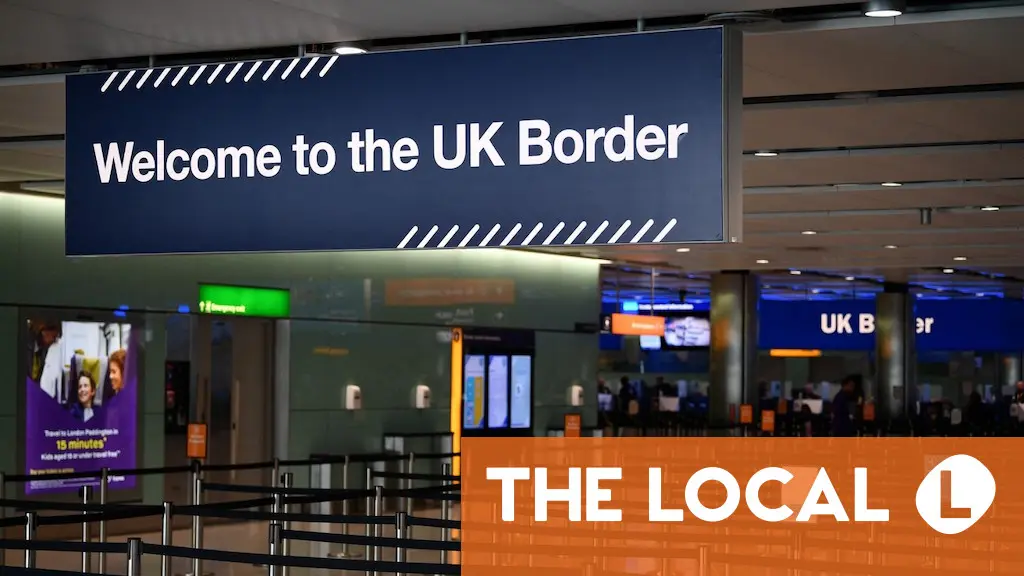The website opened this week for EU and EEA citizens to apply for the ETA visa waiver, which will soon be necessary to travel to the UK.
The ETA is basically a two-year visa waiver that must be applied for online before your trip. It costs £10 and lasts for two years.
It is already compulsory for non-EU citizens but will become mandatory for anyone travelling on an EU or EEA passport from April 2nd. The website opened for applications from EU/EEA nationals on Wednesday, March 5th.
From April 2nd, only people with residency or a visa for the UK or those with a British or Irish passport will be exempt from ETA. All other EU or EEA citizens will need to get the visa waiver.
READ ALSO: Danish embassy issues advice over new £10 ETA for travel to UK
So what’s the deal for people who have a British or Irish passport in addition to the passport of an EU country, such as Denmark?
First, there is no difference between those born British or Irish who later acquired Danish nationality and those originally Danish who later got a UK or Irish passport—the system simply sees the passports.
Advertisement
Secondly, it’s all about the passports you actually have. This is especially important for children born in Denmark with (either one or two) British parents. Those kids are entitled to British citizenship, but their parents need to apply for a UK passport for them. It’s not automatic; if you turn up at the border without a British passport, you will not be treated as British.
The same applies to expired passports – only in-date passports are valid for travel.
But the key point for dual nationals is that you are treated according to the passport you are travelling on.
Dual nationals’ passports are not ‘linked’, so if you present an Danish passport at the border, the system has no way of knowing that you are also a UK or Irish national and will treat you like any other Danish citizen. This means you will need an ETA from April 2nd, 2025.
You will only be exempted from the ETA requirement if you have your UK or Irish passport with you and can show it at the border.
If you show up at the port/airport/station with only a Danish passport and no ETA, you can and will be denied boarding, regardless of whether you are also British or Irish.
It’s important to note that the spouses or children of British nationals are not exempt from ETA unless they also happen to be dual nationals.












